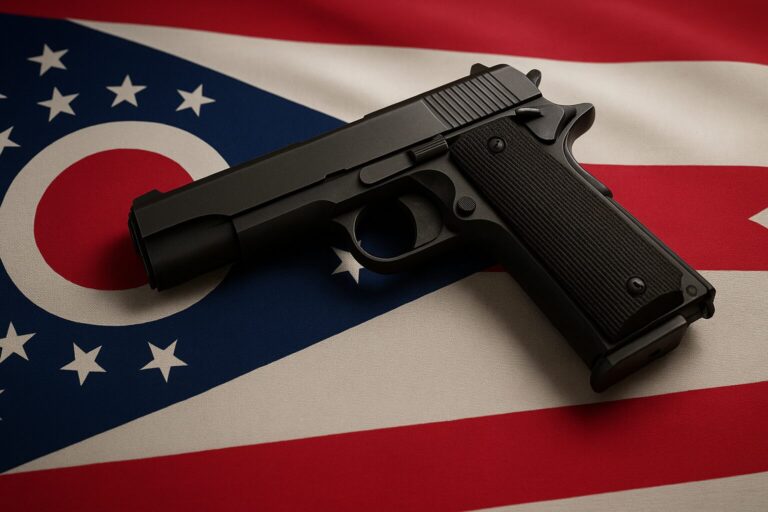
One of the most widespread myths promoted by disarmament advocates is the idea that armed societies are more prone to chaos, violence, and corruption. An international study led by U.S. researchers and published in the Texas Review of Law & Politics directly challenges this narrative and presents robust data: there is a significant correlation between higher rates of civilian gun ownership and lower levels of corruption, greater economic freedom, and stronger economic performance.
The Study
The research analyzed data from 59 countries based on four international indicators:
- Political and Civil Freedom Index (Freedom House)
- Corruption Perceptions Index (Transparency International)
- Economic Freedom Index (Heritage Foundation)
- Purchasing Power (World Bank PPP)
By cross-referencing these indicators with gun ownership rates (Small Arms Survey), the authors identified that countries with higher levels of civilian gun ownership also tend to enjoy greater liberty and have less corrupt institutions.
The Results
Countries in the top quintile of gun ownership showed:
- Lower levels of corruption (average score of 7.44 out of 10)
- Higher economic freedom (average score of 71.37 out of 100)
- Greater economic success (significantly higher purchasing power)

Meanwhile, countries with low civilian gun ownership scored much lower across these same categories — particularly in corruption, where they were rated as “moderately corrupt.”

What Does It Mean?
The analysis reveals that not only does freedom precede gun ownership, but gun ownership may also help reinforce and safeguard that freedom. In nations where citizens are more empowered — including through armed self-reliance — governments tend to be more transparent, economies more open, and development more stable.
Implications for the International Community
This study sends a clear message to policymakers and civil society around the world: restricting civilian access to firearms may inadvertently undermine the very mechanisms that ensure government accountability and limit abuse of power. In countries where citizens are disarmed, the state often operates with less oversight, and institutions are more vulnerable to corruption and authoritarian tendencies.
If freedom, transparency, and economic prosperity are truly global aspirations, then gun policy must be approached with a critical and evidence-based mindset — not driven by fear or ideology. A well-armed population, far from being a threat to stability, may in fact be one of its strongest safeguards.
📚 Source:
Kopel, D. B., Moody, C., & Nemerov, H. (2008). Is There a Relationship Between Guns and Freedom? Comparative Results from 59 Nations. Available [here].







